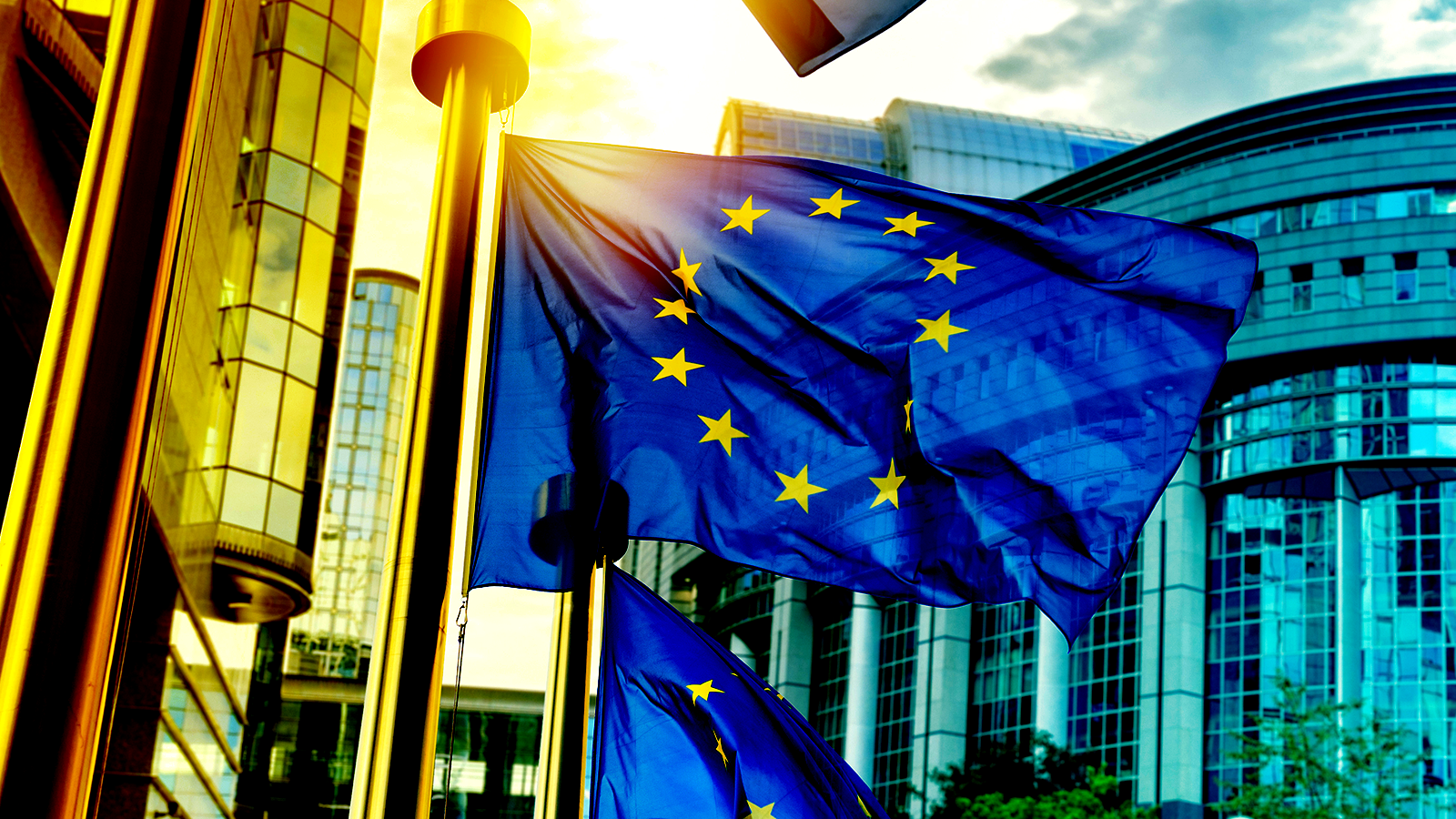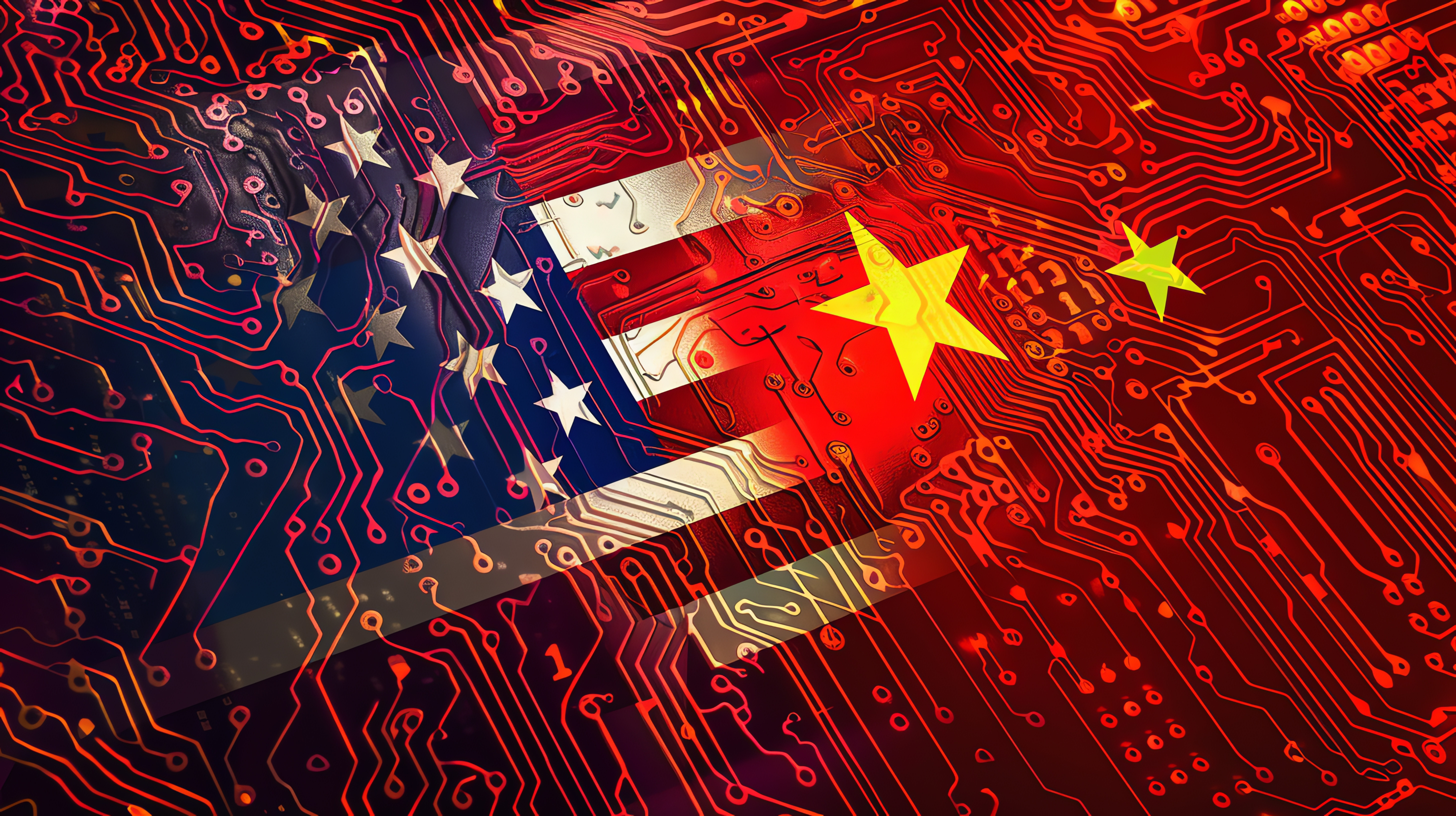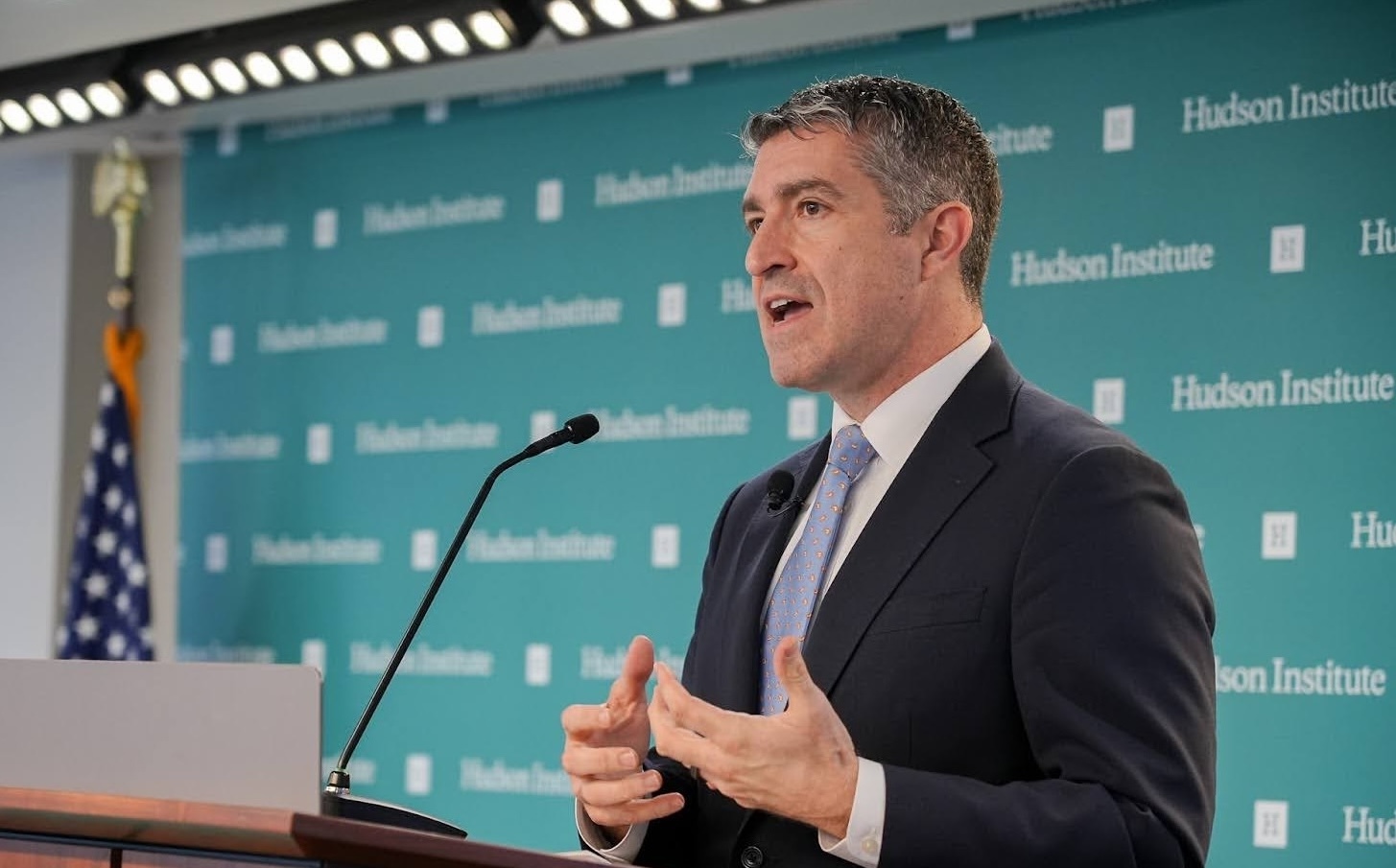The European Union has approved its 15th package of sanctions against Russia in response to the ongoing war in Ukraine. The new measures are designed to further restrict Russia's ability to sustain its military operations, specifically targeting the global network of facilitators that enable Russia’s circumvention of existing sanctions and trade restrictions.
Key components of the package include:
For the first time since Russia’s invasion of Ukraine, the EU has imposed comprehensive sanctions on seven Chinese individuals and entities, including travel bans, asset freezes and funding restrictions. The sanctions target one individual and two entities involved in helping circumvent EU sanctions, along with four entities supplying critical drone components and microelectronics to Russia’s military sector.
This move marks an important step in countering Russia’s efforts, supported by a global network of facilitators and enablers, to bypass sanctions and evade export restrictions.
The EU has already sanctioned individuals and entities in Belarus and Iran for directly enabling Russia’s military operations. With Monday’s designation of Chinese and Hong Kong operators, the EU aims to block Russia’s access to specialized dual-use components and microelectronics critical to the manufacturing of weapons and military equipment.
These actions signal the EU’s determination to combat sanctions evasion and disrupt global supply chains supporting Russia’s war efforts.
The decision carries significant diplomatic weight, as it risks straining relations with China, a key economic partner for the EU. At the same time, it underscores the EU’s commitment to prioritizing security and sanctions enforcement over economic interests.
This approach aligns with similar measures taken by the United States, showing continued international coordination against Russia. The 15th package comes three months after the U.S. government issued a business advisory, warning that China and Hong Kong are key transshipment hubs for the re-export of dual-use goods to support Russia’s military-industrial base. U.S. Secretary of State Antony Blinken stated that 90 percent of Russia’s microelectronics imports were coming through China.
By sanctioning actors outside Russia, the EU sends a strong message to other states and businesses: aiding Russia’s military activities, directly or indirectly, will have serious consequences. This latest action reflects an evolving strategy to close loopholes in sanctions enforcement, increase pressure on Russia’s war machine, and underscores the EU's growing focus on tackling the global networks enabling Russia’s military operations.
Preparations for a 16th sanctions package are underway, with potential adoption expected in January 2025.
—-—-—
More on Russia Sanctions
Key components of the package include:
- Targeting the “Shadow Fleet:” The EU has imposed sanctions on vessels associated with Russia’s so-called “shadow fleet” that are employed to circumvent Western sanctions by transporting oil, arms, and stolen Ukrainian grain. This action adds an additional 52 vessels, expanding the list of EU sanctioned vessels associated with Russia to a total of 79.
- Sanctioning Russian and Third-Country Entities: The new measures add 54 individuals and 30 entities to the existing sanctions list, all identified as supporting Russia’s military and industrial complex in its war against Ukraine. Additionally, the EU added 32 entities under its Annex IV list, including 20 firms based in Russia, seven under Chinese and Hong Kong jurisdiction, two from Serbia, and one each from Iran, India, and the United Arab Emirates. These entities will now face stricter export controls on dual-use goods, advanced technologies, and related items critical to Russia's war efforts. This brings the total number of sanctioned individuals and entities to over 2,200, all subject to travel bans and asset freezes within the 27-nation EU bloc.
- EU Extends Czech Oil Import Exemption: The package includes a six-month extension for the Czech Republic, allowing it to continue importing Russian oil-based products via Slovakia. This extension acknowledges the Czech Republic's energy needs while maintaining pressure on Russia.
For the first time since Russia’s invasion of Ukraine, the EU has imposed comprehensive sanctions on seven Chinese individuals and entities, including travel bans, asset freezes and funding restrictions. The sanctions target one individual and two entities involved in helping circumvent EU sanctions, along with four entities supplying critical drone components and microelectronics to Russia’s military sector.
This move marks an important step in countering Russia’s efforts, supported by a global network of facilitators and enablers, to bypass sanctions and evade export restrictions.
The EU has already sanctioned individuals and entities in Belarus and Iran for directly enabling Russia’s military operations. With Monday’s designation of Chinese and Hong Kong operators, the EU aims to block Russia’s access to specialized dual-use components and microelectronics critical to the manufacturing of weapons and military equipment.
These actions signal the EU’s determination to combat sanctions evasion and disrupt global supply chains supporting Russia’s war efforts.
The decision carries significant diplomatic weight, as it risks straining relations with China, a key economic partner for the EU. At the same time, it underscores the EU’s commitment to prioritizing security and sanctions enforcement over economic interests.
This approach aligns with similar measures taken by the United States, showing continued international coordination against Russia. The 15th package comes three months after the U.S. government issued a business advisory, warning that China and Hong Kong are key transshipment hubs for the re-export of dual-use goods to support Russia’s military-industrial base. U.S. Secretary of State Antony Blinken stated that 90 percent of Russia’s microelectronics imports were coming through China.
By sanctioning actors outside Russia, the EU sends a strong message to other states and businesses: aiding Russia’s military activities, directly or indirectly, will have serious consequences. This latest action reflects an evolving strategy to close loopholes in sanctions enforcement, increase pressure on Russia’s war machine, and underscores the EU's growing focus on tackling the global networks enabling Russia’s military operations.
Preparations for a 16th sanctions package are underway, with potential adoption expected in January 2025.
—-—-—
More on Russia Sanctions







